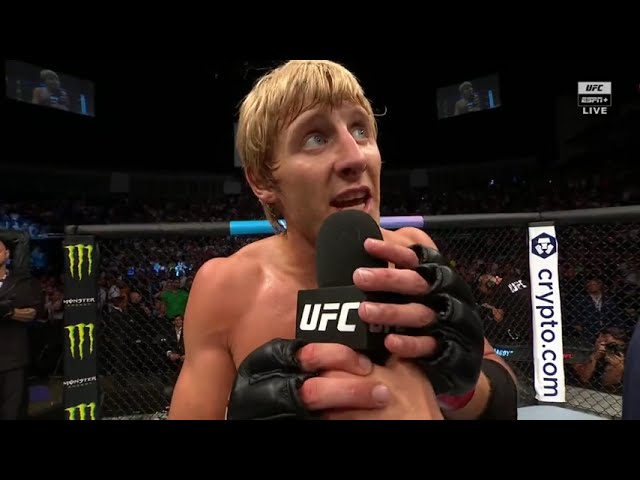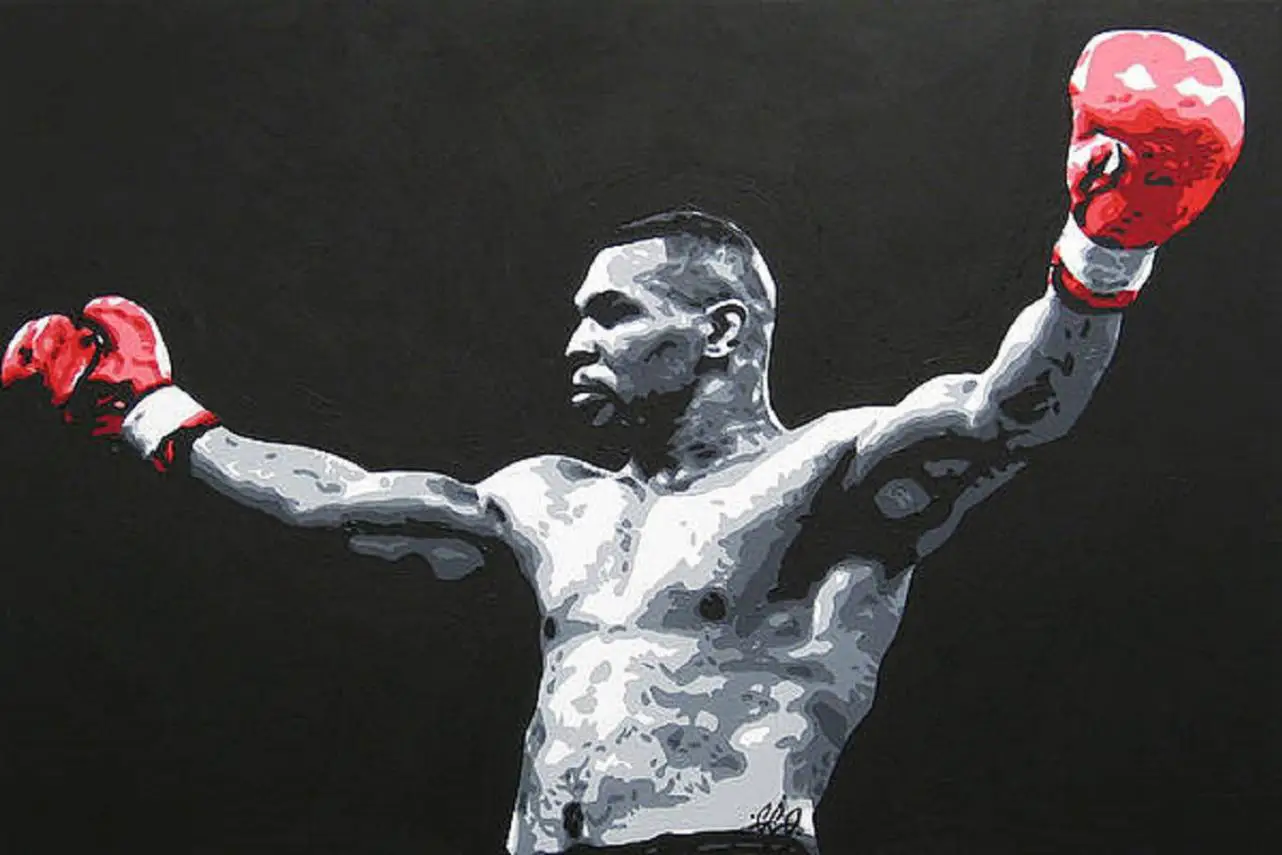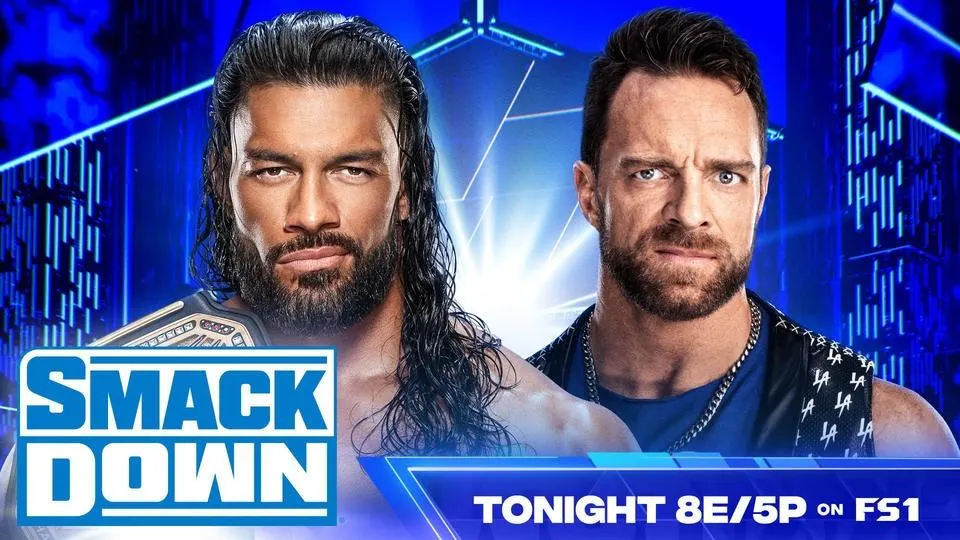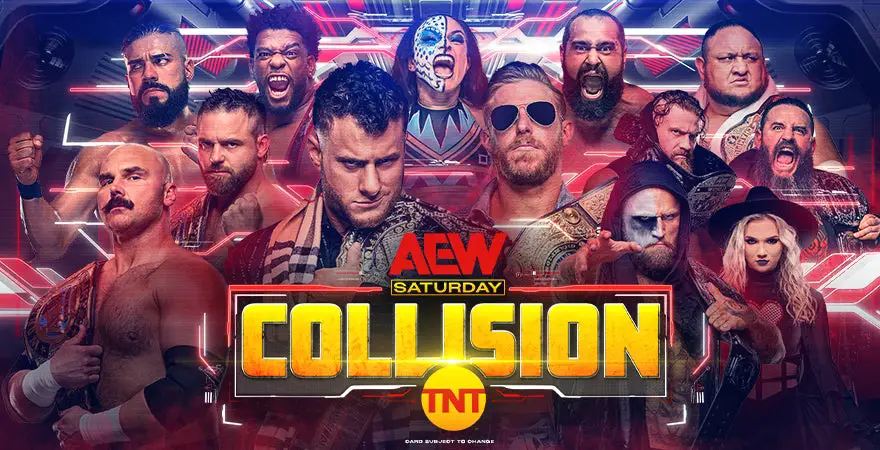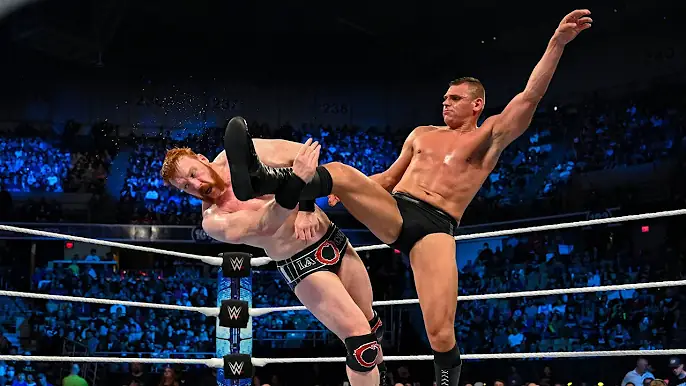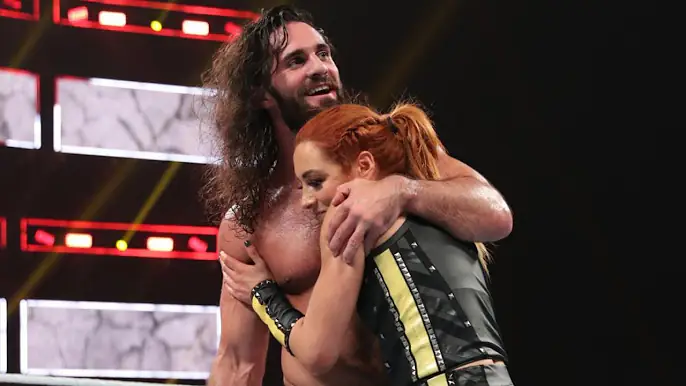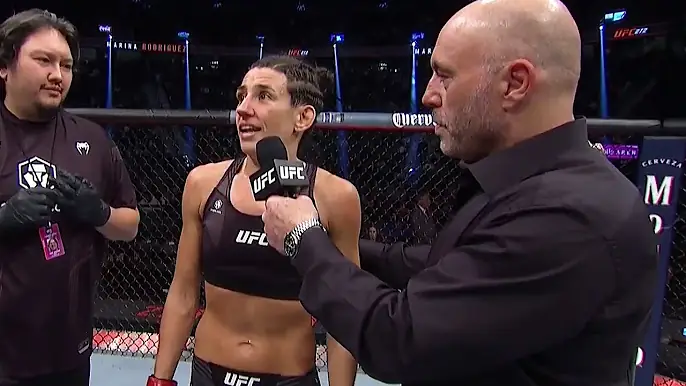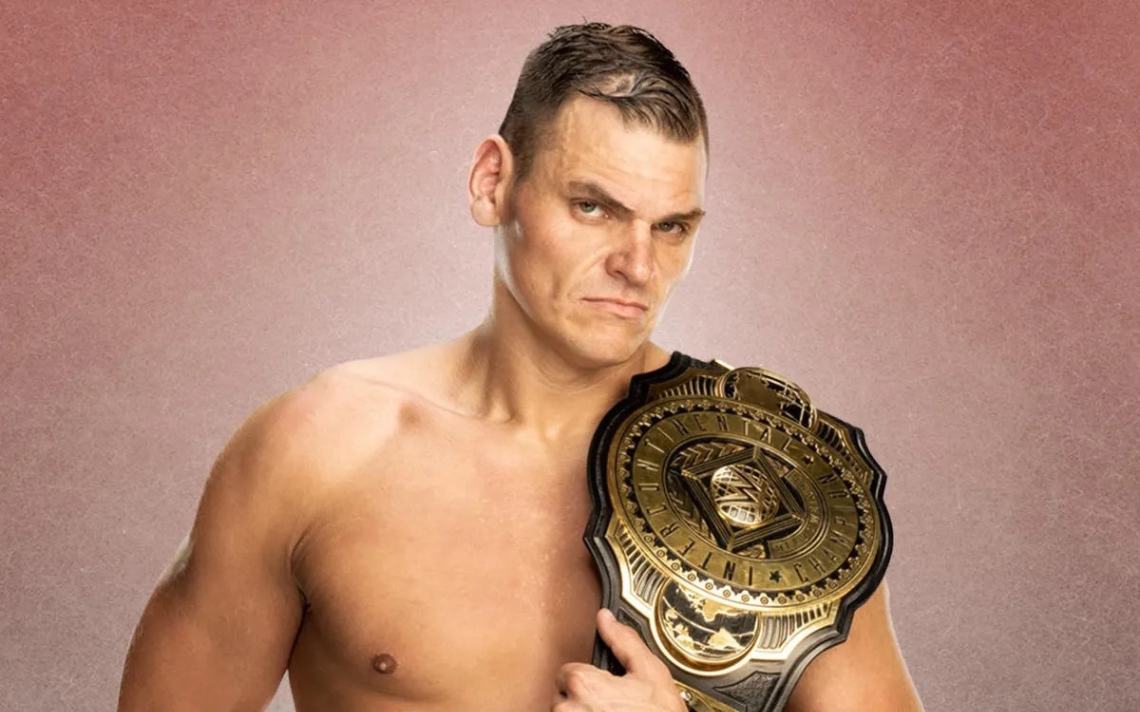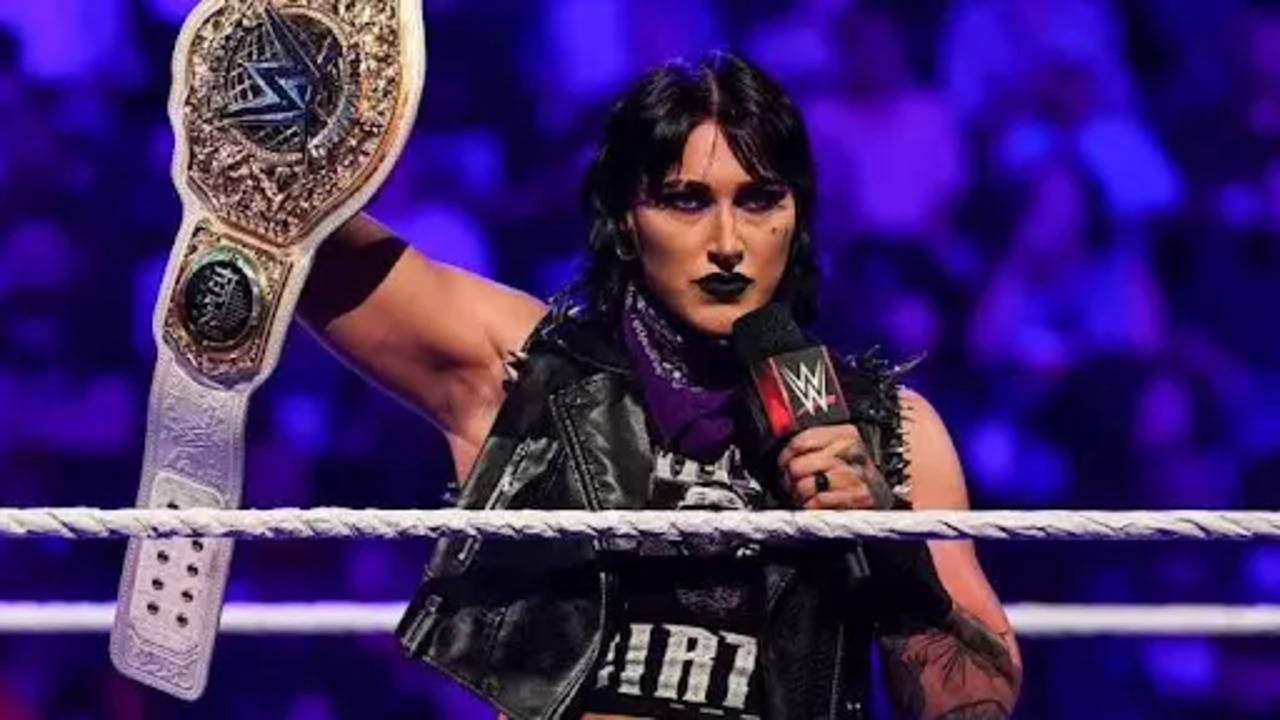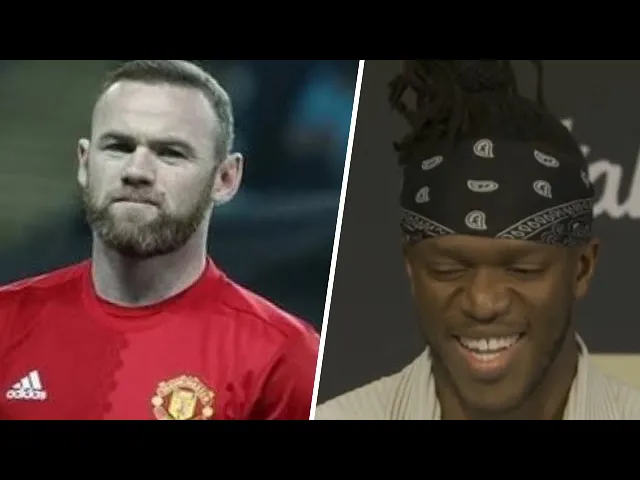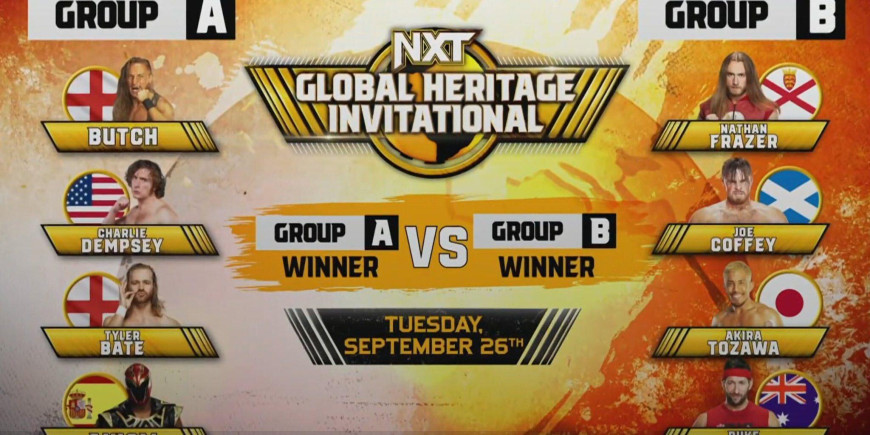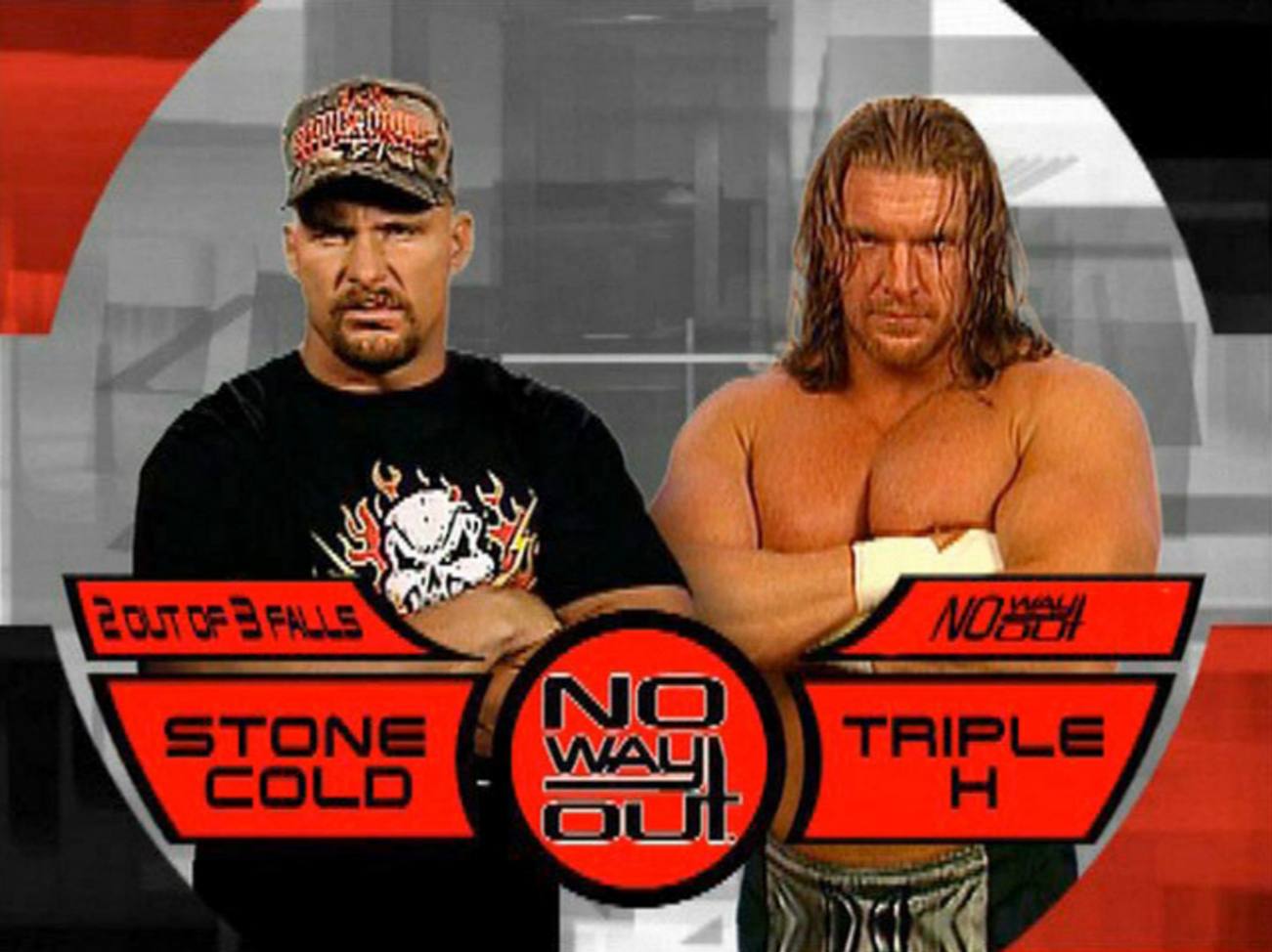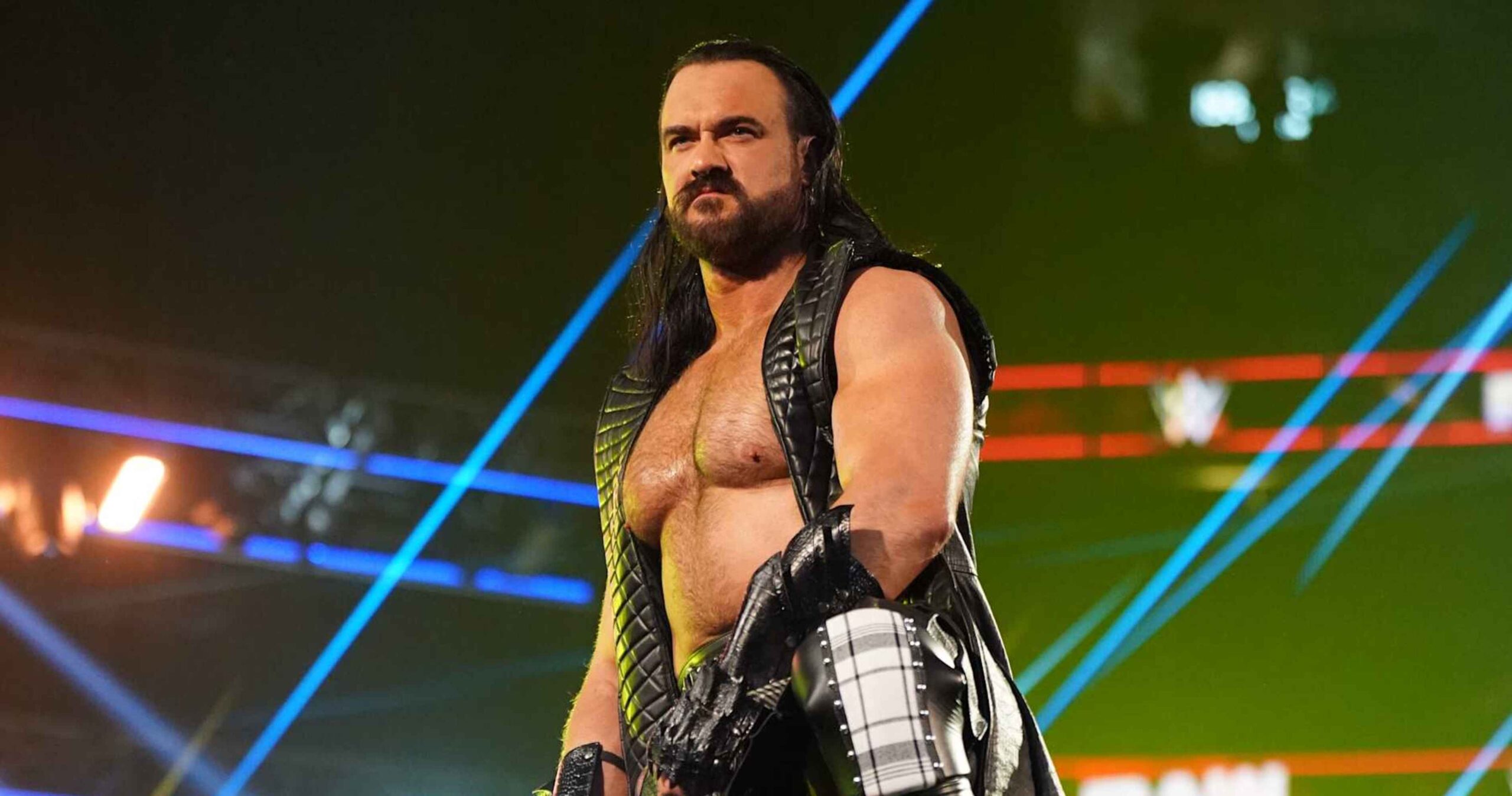The Role of Mental Coaching in UFC: Preparing Fighters for Battle
In mixed martial arts, it is the perfect marriage of both physical and mental attributes within the sport that equals success. While athletes competing in the Ultimate Fighting Championship are among the most talented and physically gifted people in the world, it is their mental toughness, focus, and the ability to fight through adversity that makes or breaks them inside the Octagon. As the sport has advanced, this is also much in realization of the benefits that go hand in hand with mental coaching. The following paper delves into the issues of mental coaching in the UFC, finding out how fighters prepare minds for the intense pressures of competitions, and techniques by mental coaches, all geared towards enhancing performance.
- The Psychological Difficulties of MMA
More than likely, fighting in the UFC is one of the most difficult mental jobs in all of sport. Fighters are bombarded with the psychological stressors of being afraid of injury, feeling pressure to perform, the uncertainty of success, and all the time, they are under public and media surveillance. Furthermore, considering MMA is a contact sport, results-oriented ency really means constantly pushing the body to work at its limit—the physical nature may actually bring about mental fatigue with every fight.
Common Mental Challenges:
Pressure Performance: Performing at peak level, in front of vast audiences, under the media focus of global sites, may build immense pressure, which sometimes turns into performance anxiety. The fighter may have self-doubt, nervousness, or the fear of failure, which can affect his fighting.
Fear of Injury: In MMA, there is always the chance of getting seriously injured, and sometimes the fear of this might not allow a fighter to go all out inside the ring. This very obviously leads to hesitation and, thus, impacts instantaneous decision-making at crucial junctures.
Overcoming Defeats: MMA is a sport where everybody, notwithstanding how good he is, suffers defeats. Undergoing the psychological and emotional toil of the loss is of massive importance, as it may savage one’s confidence and motivation.
Media and Fan Pressure: In a majority of cases, fighters are under the measuring eyes of the media and fans, who have high expectations and can be very critical. This may add to the heap of pressure acting on a fighter’s mind, especially high-profile ones.
With the overwhelming challenges in view above, it can be easily noticed that mental coaching is an integral part of the fighter’s preparation these days for reasons. These benefits that are usually rashly looked for through mental coaching include the development of psychological skills to deal with the pressures that come with competing, maintaining focus, and performing at one’s best.
- Rise of Mental Coaching in the UFC
It has become very evident that mental coaching will play an essential role as the UFC and MMA strengthen in popularity. During the early days of this sport, especially when it was least taught, there was less focus on mental training than there was on physical conditioning and technique. The evolving process of the sport led to a realization that shows psychological aspects are as valuable as physiological ones.
First Mental Coaching Pioneers in MMA:
Greg Jackson: He supported mental coaching from the very beginning of MMA, recognizing that mental preparation during fights was an essential part of the fighters’ regimen. According to Jackson, a good fighter was mentally sharp and emotionally stable, to both of which he used techniques of visualization, meditation, and other aids of the mind in training programs.
Tony Robbins: One of the best and rather most famous motivational speakers and life coaches, Tony Robbins, catalyzed with a number of top-class UFC fighters, such as Conor McGregor. Robbins has been inspiring mental toughness, focus, and confidence in the men through his unique brand of performance coaching and psychology.
Georges St-Pierre (GSP): A pioneer in his own right, Georges St-Pierre took early initiative in his career to avail himself of mental coaching. GSP worked with sports psychiatrist Brian Cain on mental strategies to manage anxiety, stay focused, and execute while under pressure. St-Pierre is often bluntly offered as the reason he is so successful in the UFC, given this fully developed approach to preparedness.
The upsurge experienced by mental coaching in the UFC has occurred because of the realization in current times that a successful performance is definitively interconnected with mental toughness and psychological resilience. Mental coaching has generally been adopted within most fighters’ training camp regimes as fighters look for every slight advantage to procure victory.
- Mental Coaching Techniques
Such mental coaching in the UFC focuses on ways and approaches of assisting the individual fighters to prepare psychologically for the bare-knuckle competition. Most often, these are approaches specifically targeted at areas where a fighter requires most of his support.
Most Common Techniques in Mental Coaching:
Visualization and Imagery
The mental technique of visualization is a strong one—seeing oneself across a finish line or perhaps mentally rehearsing exactly what one is going to do in any certain situation is very influential. Fighters use this skill in scenarios where they have to prepare mentally: for the execution of strategies, protection against opponents’ attacks or threats, and even for getting into the Octagon itself. Running scenarios in their minds brings up confident imaginations, emerging time after time without holding them back.
For example, before every fight, Anderson Silva would run the entire bout in his head, from walking out to the raise of his hand in victory. Mental rehearsals such as this served as his calm and focus boost, helping him execute his game plan when it was most necessary, galled at the competition’s level.
Breathing and Relaxation Techniques
Breathing exercises and relaxation techniques may be utilized to help fighters overcome stress and maintain composure during training and on their fight night. Controlled breathing can reduce physiological arousal symptoms presented by anxiety, such as rapid heartbeats and muscle tension, and enhance relaxation.
Fighters like Lyoto Machida and Georges St-Pierre also adopted breathing techniques as part of their pre-fight work, taking them into that relaxed focus right before stepping into the Octagon. In fact, such techniques have worked well in managing adrenaline surges one experiences during a high-pressure situation.
Goal Setting and Mental Focus
Goal setting falls under the head of mental coaching; it helps fighters work out clear goals and maintain a focus throughout the training camp and during the fight. Thus, mental coaches work with fighters on a short- and long-term basis, breaking down clearly exactly what needs to be done for achieving the overall objective.
By setting concrete, measurable, achievable goals, fighters can be motivated and have a positive attitude even when things are tough. He also focuses on mental concentration whereby the coach enables fighters to keep their minds off distractions and locked in on what they want to achieve.
Positive Self-Talk
Positive self-talk may change ideas based on negativity into affirming and constructive ones. This is highly critical in developing a confident being while also fostering resilience in forceful sports like Mixed Martial Arts. These fighters are helped to understand the onset of negative feelings and then to realign them with positive confirmations, backing their belief in their abilities.
For instance, a fighter who has just lost or is having a bad moment in a fight might resort to positive self-talk, reminding himself that he’s very strong, trained, and ready to pass over the problem. This may represent a significant change of mind—one that lies between giving up or finding the will to push through adversity.
Mindfulness and Meditation
In recent years, mindfulness and meditation practices have become popular among fighters to fortify mental clarity, emotional regulation, and overall well-being. The practices promote just being in the present moment, helping alleviate the effects of stress on fighters from anxiety.
Mindfulness helps fighters be collected and concentrated during energetically tense moments by training them to be attentive to their thoughts and emotions nonjudgmentally. The latter, meditation, enables fighters to gain better control over their minds, thus enhancing their level of concentration and extending mental stamina.
Fighters like Jon Jones and Anderson Silva have talked about recentering their minds during their training and competition through the resources of mindfulness and meditation. People of this caliber often discuss the practices that helped them get centered and back into composure throughout their careers.
- The Effect of Mental Coaching on Performance
The gains from mental coaching in UFC have been evident in the performance of fighters who embraced psychological training among fight preparations. This research also shows that there might be some benefits in being able to deal with pressures successfully during a fight, make more effective decisions under duress, and recover from setbacks more effectively.
Handling Pressure and Adversity
Perhaps the greatest advantage coming from mental coaching is to face pressure and adversity. The emotionally fit fighter will handle all scrutiny during fight week, engage in the actual fight itself, and deal with emotional ups and downs most times associated with victory or defeat.
For instance, during UFC 202, Conor McGregor was fighting Nate Diaz—one highly anticipated rematch for him with both fighters after their first fight that could cause him to lose his confidence; this failure did not deter him. However, this time, with the aid of mental coaches to work on preparation, he directed his energy to visualization, positive self-talk, and goal setting. He remained calm, both physically and mentally, to see out the fight conclusively and secure a well-fought decision win.
Improving Focus and Decision-making
Mental coaching also helps the fighter to be keener and therefore more focused, as well as a better decision-maker. In a fight, many of the decisions have to be matter-of-factly right in the midst of it as they can determine the outcome. Prerenal keenness and attention usually push through the right choices, several of which may require a change in strategy, defense of an attack, or that one moment of opportunity where they can settle that match by using an error of their opponent’s judgment.
Georges St-Pierre was known as a cerebral fighter who attributed mind coaching for helping him maintain his focus during fights. GSP’s overall adaptability and intelligence inside the Octagon were huge contributors to his long reign as the UFC welterweight champion.
Building Resilience and Mental Toughness
UFC fighters must learn to be resilient and mentally tough; it is intrinsically coded within their traits. Mental coaching helps develop resiliency. Those who can bounce back and remain motivated through setbacks with sustained optimism usually make real differences in the world.
Mentally broken by the defeat at UFC 193 against Holly Holm, Ronda Rousey needed the support of mental coaches to help her recover her confidence and psychological strength. Now, Rousey, of course, would not be able to do any such thing and did not hit the apex of her dominance, but this does underscore the role that mental coaches and mental coaching play in the journey fighters take back to business after suffering alternatives.
Global Wellness Enhancement
It is beyond performance enhancement within the Octagon; it also prepares a fighter for authentic well-being, considering the additional stresses of life, battles inside and outside the cage. Mental coaching, with this platform, enables athletes to develop their own attitude to the psychological pressures of training and competition so they can succeed without undue stress, and mindfully prevent burnout, ensuring that work does not interfere with an integrated life.
Fighters believe that their performance is more balanced when mental coaching is incorporated within their routines. They report the same feeling of feeling more focused and emotionally stable inside and outside the gym. This whole approach to training may substantially contribute to a longer, prosperous career in the sport and much better quality of life for fighters.
- The Future of Mental Coaching in the UFC
Opportunities for mental coaching in the UFC, which is becoming an ever-more competitive sport, can only increase. Awareness has arisen for the fighter and the coach of how equally important mental toughness and psychological preparation are, to physical conditioning and technical skills.
Integration into training camps
In future, mental coaching will arguably be a part and parcel of every fighter’s training camp. In much the same way, strength and conditioning coaches are right now a mainstay, mental coaches could surely find their way into a fighter’s team. This would provide surety to them that they got the relevant mental training to match the physical and technical preparation for the contest presentation.
Advances in Sports Psychology
With the budding field of sport psychology, more techniques are bound to be developed that will assist fighters in reaching states of peak mental performance. Through neurosciences, biofeedback, and cognitive/behavioral therapies, phenomenal aspects of mental coaching techniques can be developed that train the minds of fighters as virtually as the intensity with which they train their bodies.
Personalized Mental Coaching
Also, the future of mental coaching could see increased levels of tailoring and personalization. Much like the fighters have personalized plans based on strengths, weaknesses, and goals, the mental coaching can be tailor-made to fit specifically with each fighter’s exact psychological needs. This could lead to much more focused and efficient mental training for great success in the Octagon.
Emphasizing the importance of Mental Health
As mental coaching becomes more recognized for its benefits, maybe the importance of mental health will become known and accepted within the UFC. It could perhaps further reduce painful judgment and stigma related to psychotherapy, consequently helping more fighters to reach out for help in terms of their mental well-being. This new breed of athletes would be healthier and tougher facing all the potential adversity that their sport has in store for them.
Conclusion
The mental coaching for UFC activities has gone so far from one of the minor roles in systematic preparation for the fighter entering into one of the key factors to prepare the fighter for the event. From learning to handle pressure and adversity, to maintaining attention and concentration and improving one’s decision-making processes, mental coaching fosters the use of significant psychological methods in their line of duty—considered one of the hardest sports in the whole world. With the continued growth of the UFC and increasing competition, mental coaching will only pair with the physical. Only then will fighters who have integrated this type of training alongside their overall preparation have an added advantage, both inside the Octagon and for their careers. What lies ahead for mental coaching in the UFC, basically with respect to further integration, innovation, and acceptance, looks really bright. As fighters—including champions—and coaches alike continue to understand the productive value and importance of being mentally tough and resilient, mental coaches will increasingly find themselves in the limelight of shaping the champions of tomorrow.
